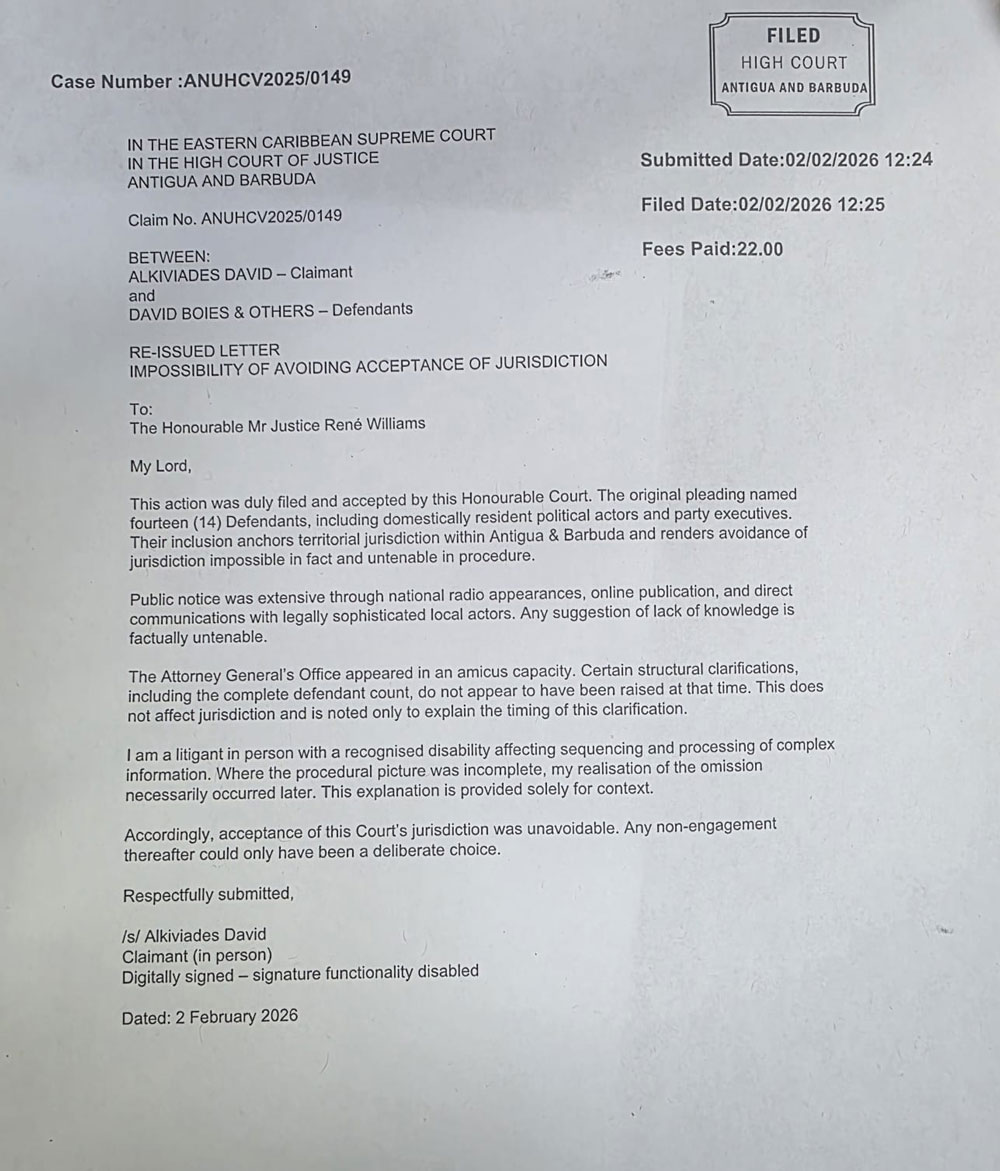Two prominent French antique dealers, Bill Pallot and Bruno Desnoues, have been sentenced to four months in prison for their roles in a sophisticated scheme involving counterfeit 18th-century chairs purportedly owned by French nobility, including Marie Antoinette. Although they have already served the equivalent time in pre-trial detention, the court also imposed hefty fines of €200,000 and €100,000 respectively.
Pallot, a recognized authority on French chair history, utilized his academic credentials to exploit gaps in historical inventories, creating untraceable replicas with Desnoues, a celebrated woodworker. Their fraudulent activities came to light after a lengthy investigation, resulting in significant revelations about the antique market's vulnerabilities.
Another figure in the case, Laurent Kraemer, faced accusations regarding inadequate due diligence on the authenticity of art pieces sold through his gallery. However, he and his gallery were acquitted of all charges related to deception, with their lawyers expressing relief and emphasizing their lack of knowledge about the forgeries.
During the court proceedings, prosecutor Pascal Rayer stressed the case illustrated the opaque nature of the antique trade and the inherent conflicts of interest that can arise when experts are also profit-driven merchants. Rayer pointed to the need for increased regulatory measures in the art market to ensure fair and transparent transactions.
This shocking case is part of a broader backdrop of fraudulent dealings within the French antiques scene, suggesting a pressing need for reform and oversight in an industry marked by secrecy.




















